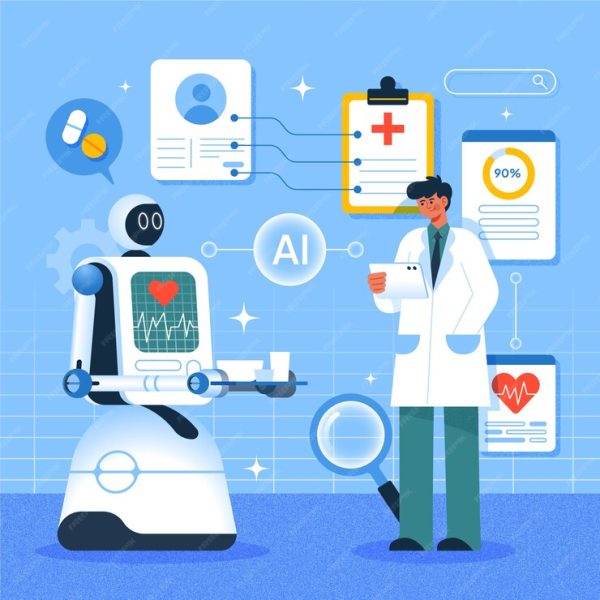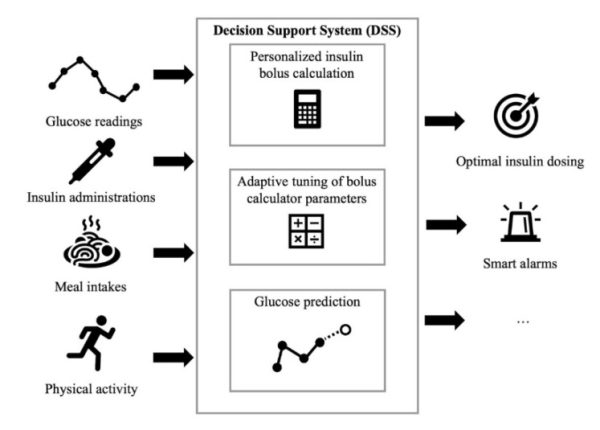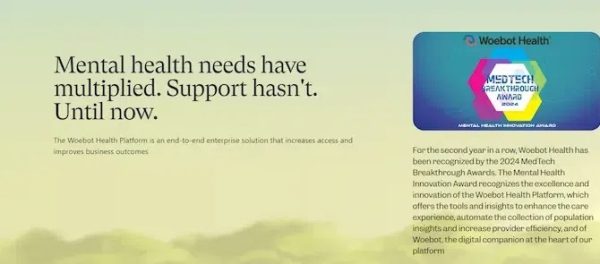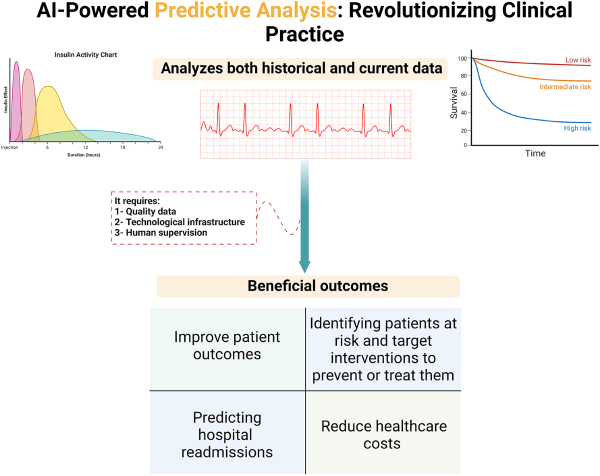
Artificial Intelligence (AI) is transforming healthcare in amazing ways. From AI medical scribe technology to advances in disease detection, there’s a whole world to explore.
Let’s take a closer look at how AI is changing long-term health monitoring. We’ll talk about its role in managing chronic diseases, keeping an eye on mental health, and predicting future health issues.
How is AI Changing Chronic Disease Management?
AI is transforming the way we handle chronic diseases by offering new solutions that improve patient care, make monitoring easier, and tailor treatment plans to individual needs.
Improved Diabetes Care

Diabetes impacts millions worldwide and can be challenging to manage. That’s where AI steps in. Modern smart insulin pumps use machine learning to automatically adjust insulin doses based on blood sugar levels. This means less guesswork and better health outcomes.
AI-powered apps also play a big role. They can track diet, exercise, medication, and even analyze sleep patterns. These apps send personalized reminders and tips, making complex management tasks easier. By doing so, they help patients stick to their routines better.
Better Heart Disease Management
Heart disease is another major health concern that often requires constant monitoring. Here, wearable devices with AI can measure and analyze heart rate, blood pressure, and weight. AI algorithms evaluate this data in real-time.
If something seems wrong, these devices can alert the patient or even their doctor. This allows for quicker actions and can reduce hospital visits. Plus, all this data gets saved in electronic health records (EHRs), helping doctors make better treatment plans.
Can AI Enhance Mental Health Tracking?

AI is making big leaps in mental health tracking by helping us detect stress right away and providing easy access to emotional support.
Instant Stress Detection
Stress affects not just our minds but our bodies too. Yet, monitoring mental wellness often gets neglected. Thanks to AI-enabled gadgets and even your smartphone, it’s possible to track stress levels. These devices can analyze your voice tone, facial expressions, and other biometric data to detect stress.
With real-time stress monitoring, people can instantly recognize their stress levels and take steps to manage or reduce them, helping them feel better faster.
Emotional Support via Chatbots
AI-driven chatbots are designed to mimic human conversation. These chatbots offer emotional support and practical advice for managing mental health issues like anxiety and depression.
They are also available 24/7. When professional help isn’t immediately available, sometimes just talking to a chatbot can make a big difference. This technology fills a crucial gap, ensuring people have support whenever they need it.
What’s the Role of Predictive Analytics?

Predictive analytics helps with early disease diagnosis and crafts personalized treatment plans tailored to individual needs.
Spotting Diseases Early
Imagine knowing about a potential health issue before it even hits. Predictive analytics makes that possible. By analyzing historical data from electronic health records (EHRs) and combining it with current lifestyle factors, AI algorithms can spot patterns that hint at future health problems.
This early diagnosis means you can start treatment sooner, often leading to much better health outcomes. Conditions like certain cancers and genetic disorders can be closely monitored this way, allowing for preventive actions rather than reactive ones.
Tailored Healthcare Plans
We all have different healthcare needs. AI takes this into account by creating personalized healthcare plans. These plans are tailored specifically to your genetic makeup and lifestyle choices.
Custom plans mean treatments are more effective and side effects less serious. It allows patients to manage their health better because their unique circumstances are considered when forming the plan.
Conclusion
AI is pushing the boundaries of what’s possible in healthcare.
From better managing chronic diseases to providing instant mental health support and making early diagnoses, AI brings a new era of personalized, proactive care.
As we continue to explore and embrace these innovations, the power of AI will make our long-term health monitoring more effective and tailored to each individual’s needs.
It’s an exciting journey ahead, promising smarter, more accessible healthcare for all of us.

